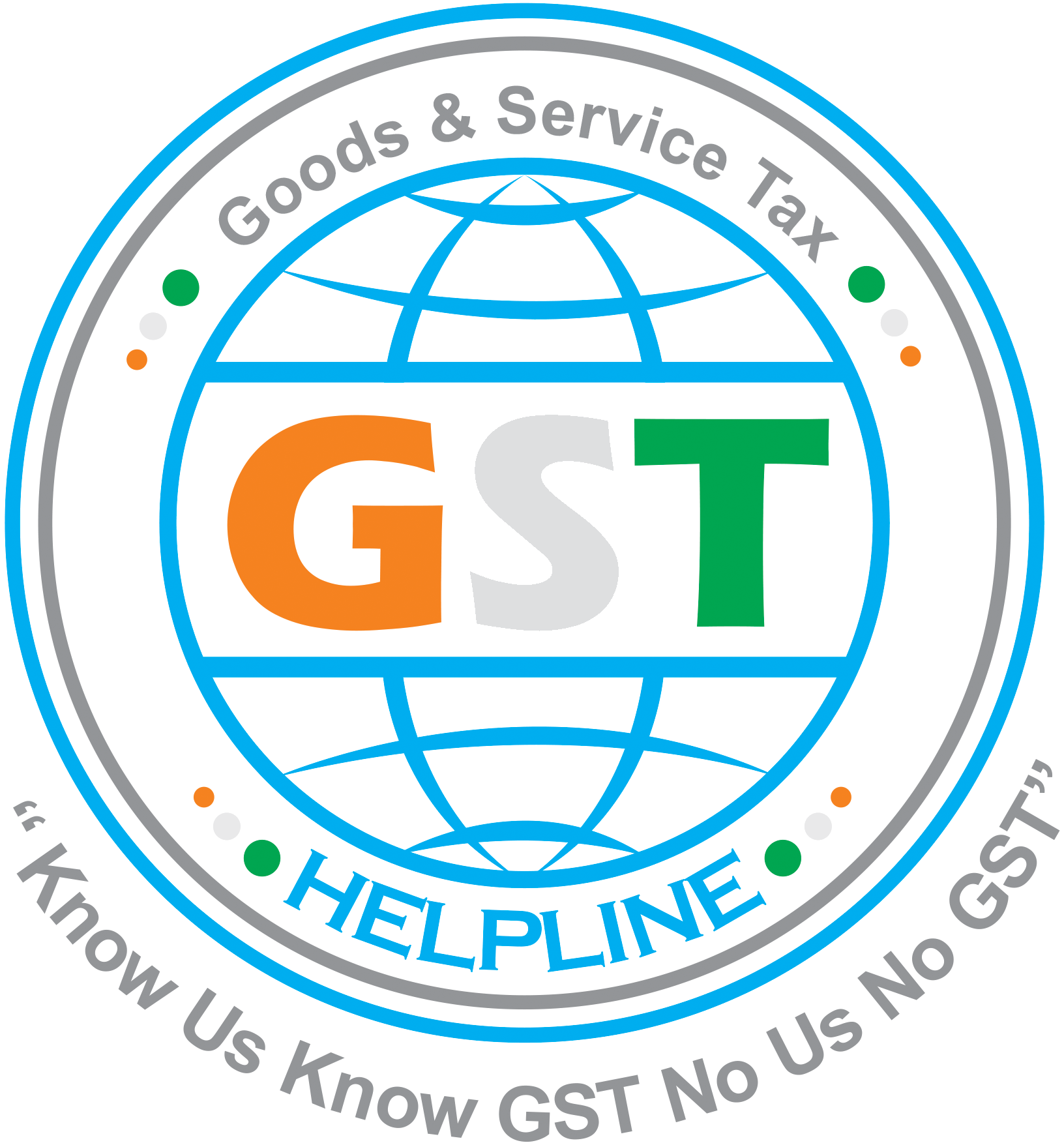
What is GST Council?
What is GST Council?
The GST Council is a joint forum of the central government and State governments.
The chief objective of the GST Council is to make recommendations to the Union and the states on important issues related to GST, like the goods and services that may be subjected or exempted from GST, model GST laws, etc..
What is the composition of the GST Council?
The GST Council is an apex committee, consisting of the following persons:
The Union Finance Minister: H/She acts as the Chairperson
The Union Minister of State in charge of Revenue or Finance;
The Minister in charge of Finance or Taxation (or any other Minister) nominated by the respective state governments.
Additionally, the Secretary (Revenue) functions as the Ex-officio Secretary to the GST Council, and the Chairperson of the Central Board of Excise and Customs (CBEC) is a permanent but non-voting member of the proceedings of the GST Council.
The Council also has a post of Additional Secretary and four posts for Commissioners of GST Secretariat.
The GST Council is managed by the GST Council Secretariat. The Secretariat comprises various officers of central and state governments who are sent on deputation. The total cost of maintaining the GST Council Secretariat is borne by the central government. This includes both recurring and non-recurring expenses.
What are the voting rights of the members of the GST Council?
For a valid meeting of the GST Council, at least 50% of the total members should be present. Every decision taken at such meetings should be supported by at least 75% of the weighted votes cast by the members.
Vote of central government representative carries a weight of 1/3rd of the total votes cast, and those by members of state governments carry a weight of 2/3rd of the total votes cast.
What are the key functions of the GST Council?
The GST Council is responsible for laying down the applicable laws on GST, including the GST rates applicable on various goods and services, special rates applicable in the case of certain states, and threshold limits. The Council also decides whether GST rates need to be increased during any natural calamity or disaster to raise additional resources.
The Council is also responsible for drafting relevant rules for GST registration, input tax credit, payment, and valuation. Additionally, the GST council is also tasked with the responsibility of setting up anti-profiteering screening committees to strengthen the National Anti-Profiteering Authority stronger.
Conclusion
The GST Council has been set up under Article 279A (1) of the Constitution of India, pursuant to the Constitutional (122nd Amendment) Bill of 2016.
The GST Council is the key decision-making body, and to date, there have been 47 meetings of this Council. It is also important to note the Supreme Court has held that decisions passed by the GST Council are not binding and merely have a persuasive value. Accordingly, the Centre and the states have the freedom to legislate on GST.
